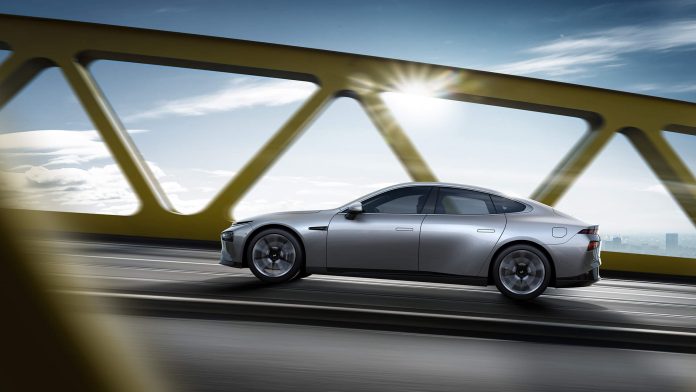The center has a total computing power of 600 PFLOPS, increasing the training speed of XPeng’s self-driving core models by 170 times.
XPeng Motors has built “Fuyao,” China’s largest self-driving computing center for self-driving model training, in Ulanqab, Inner Mongolia.
The computing center is based on Alibaba Cloud’s intelligent computing platform, with a total computing power of 600 PFLOPS, the cloud computing division of Alibaba announced today on Weibo, adding that it has increased the training speed of XPeng’s self-driving core model by 170 times.
Separately, according to a report by China National Radio, the computing center is a node of China’s regional data center cluster project located in Inner Mongolia and built by XPeng and Alibaba.
Building a computing center in western China to serve the eastern region will help optimize resource allocation and improve the efficiency of computing resources, according to the report.
Thanks to its unique location and climate, Ulanqab has become the choice of many companies to build data centers, with 12 large data centers for companies including Alibaba and Apple, the report said.
With the completion of the computing center of XPeng, the dramatic increase in the speed of its model training will give a strong boost to the development of autonomous driving technology, said the report by China National Radio.
“Fuyao” is also a greener, low-carbon computing center that uses green technologies such as air cooling, AI temperature regulation, modular design, and an annual average PUE (power usage effectiveness) of less than 1.2, according to the report.
PUE is an indicator used to measure the energy efficiency of data centers, and the lower the number, the better. The average PUE of China’s data centers in 2021 was 1.49, according to a report by the China Data Center Committee.
XPeng, one of China’s most aggressive explorers in the smart driving space, will explore its Robotaxi business in the second half of 2022 to accelerate the commercialization of smart driving technology, its chairman and CEO He Xiaopeng said in a conference call after announcing third-quarter earnings last November 23.
The Robotaxi business will first be piloted in Guangzhou and will start with XPilot 3.5 and gradually transition to XPilot 4.0.
XPeng’s strategic goal is to improve the robustness and safety of autonomous driving algorithms through generalized scenarios in the short term, the company said at the time.
The company also plans to get its City NGP (Navigation Guided Pilot) assisted driving feature into service this year, subject to regulatory approval.
This article was first published by Phate Zhang on CnEVPost, a website focusing on new energy vehicle news from China.

